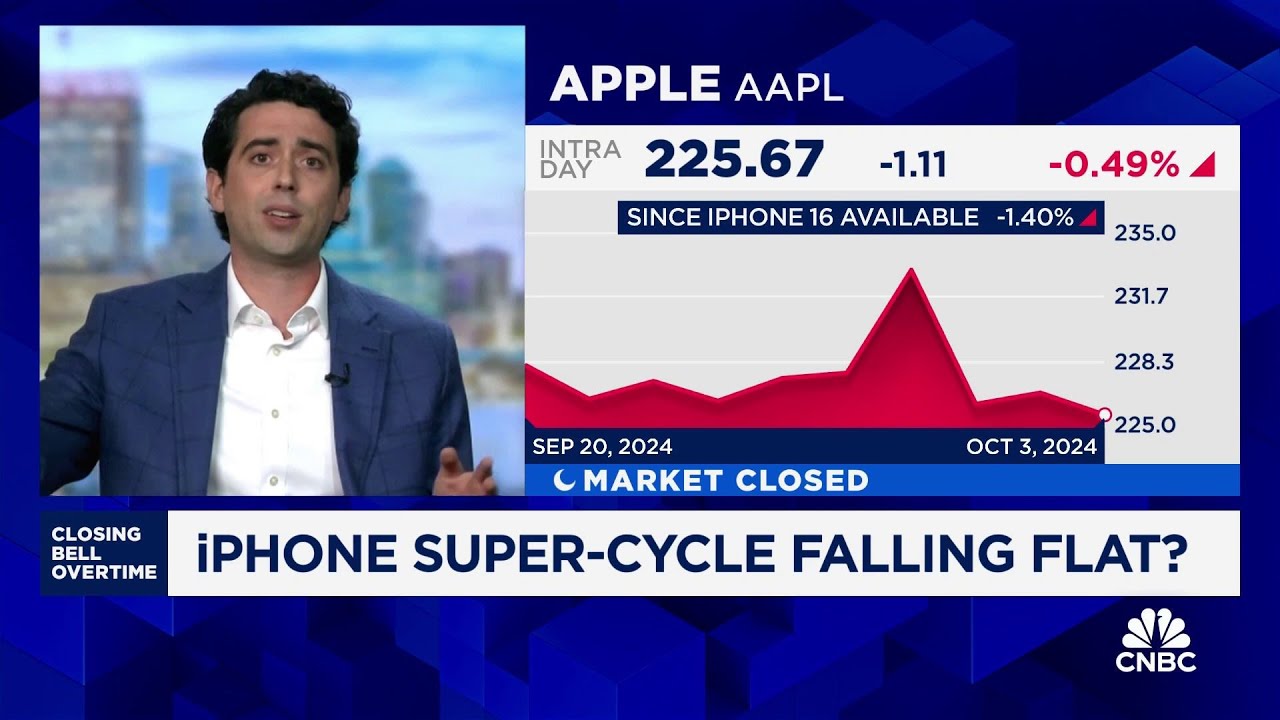Dom Rizzo from T. Rowe Price highlighted the transformative potential of AI as a major productivity enhancer, comparable to electricity, while discussing its economic implications and the evolving landscape of technology investments. He expressed caution regarding potential overvaluation in the AI sector and provided insights on Apple’s iPhone upgrade cycle, suggesting it may not be significantly influenced by AI advancements.
In a recent discussion, Dom Rizzo, a portfolio manager at T. Rowe Price, emphasized the transformative potential of artificial intelligence (AI) as a productivity enhancer, likening its impact to that of electricity. He noted the varying estimates regarding AI’s economic influence and highlighted the significance of NVIDIA’s software ecosystem expansion. Rizzo expressed confidence in Synopsys, suggesting that its integration of AI into physical product testing and simulation could yield substantial financial benefits, particularly in sectors like automotive and aerospace.
Rizzo addressed the ongoing debate about whether AI will primarily benefit large corporations or create opportunities for smaller companies. He pointed out that recent analyst days from major firms like Workday, Salesforce, and Oracle all focused on the development of AI agents, which operate independently of human intervention. He believes that companies like HubSpot are well-positioned to capitalize on this trend, as they enhance their AI capabilities and build out their agent platforms.
The conversation also touched on OpenAI’s recent funding round and its transition to a for-profit entity. Rizzo acknowledged the potential for a speculative bubble in the AI sector, drawing parallels to historical productivity-enhancing technologies such as railroads and the internet. He noted that while the global technology market is currently trading at a reasonable valuation compared to historical peaks, the sustainability of projected growth figures for companies like OpenAI remains uncertain.
Rizzo further discussed the implications of AI on the broader technology landscape, suggesting that the current market dynamics could lead to a reevaluation of both public and private investments in AI. He cautioned that while there is excitement surrounding AI, it is essential to remain vigilant about potential overvaluation and the risk of determining winners and losers too early in the game.
Finally, Rizzo shared insights on Apple’s current iPhone upgrade cycle, suggesting that it may not be driven by AI advancements. He indicated that the upgrade cycle could be a multi-year phenomenon, as the existing user base continues to age. With major carriers reporting low upgrade rates, Rizzo believes that Apple has yet to unveil significant features that would incentivize consumers to upgrade their devices, indicating a cautious outlook on the company’s near-term performance in this area.
